#learn russian
Text
BEST TIP Learning Languages ;
SIMPLICITY is KEY. Simplify the learning process.
MAKE LEARNING A LANGUAGE ;
Simple & understandable.
LEARNING TIP: DO NOT LEARN WHAT YOU DO NOT USE.
Avoid learning useless vocabulary. Do not learn the things that are truly of no use for you in your daily life.
Think about it …. In reality,
if you NEVER use it ... simply don’t use it .. don’t learn it.
Learn what you will use, and nothing extra.
For now - Just focus on what you use on a daily basis.
Here’s great exercise to follow this tip ;
Create a realistic list of vocabulary you use day to day - A LIST of only the things you say the most, on a DAILY BASIS.
Focus on learning this list in your target language.
Learn this list
ABOVE ALL ELSE.
Because you will be forced to learn how to say only relevant and useful sayings.
You will learn only WHAT YOU ACTUALLY WILL USE.
LOGICALLY, YOU WILL USE THIS LIST, DAILY!
AND YOU WILL HAVE AN EASIER TIME PRACTICING, BECAUSE YOU WILL ACTUALLY USE THE LIST!
Try it ... and see how much this focus shift can make a worlds difference.
#language#language learning#foreign languages#russian langblr#Korean langblr#french langblr#japanese langblr#german langblr#langblog#languageblr#spanish langblr#swedish langblr#english language#french language#languages#lang#learn Russian#learn chinese#learning english#learning languages
334 notes
·
View notes
Text
Resource List for Learning Russian
Hi Language Enthusiasts,
Do you want to learn Russian but don't know where to start? Then I've got the perfect resource list for you and you can find its links below. Let me know if you have any suggestions to improve it. I hope everyone can enjoy it and if anyone notices any mistakes or has any questions you are free to PM me.Here is what the resource list contains;
Handmade resources on certain grammar concepts for easy understanding.
Resources on learning pronunciation.
Websites to practice reading.
Documents to enhance your vocabulary.
Notes on Colloquial Language and Dialects.
Music playlists
List of podcasts/audiobooks And a compiled + organized list of websites you can use to get hold of grammar!
https://docs.google.com/document/d/1IUZPxKviSmPFO6S8go2_BqqE58Bbjsqfj4QqzC_r5yI/edit?usp=sharing
#language#language learning#language resources#langblr#studyblr#russia#russian#learnrussian#learn russian#study#study blog#stublr#learn#learning#learners#ussr#русский#russkiy#europe
566 notes
·
View notes
Text
For anyone who speaks Russian, has learned to speak Russian, or has learned another language in general:
I’m talking to a guy right now who comes from Russia, and he’s mentioned that his parents might be moving to the US, as well, who only know how to speak Russian. So I would like to learn how to speak Russian so that communication is a little bit easier. Does anybody know how to start learning and everything?
I’ve looked up the alphabet already because an irl friend mentioned to start there, but I tend to overcomplicate things and I know that some languages aren’t that easy (like Japanese) but I’m not entirely sure. I’ve also tried Duolingo but it doesn’t help me with symbols or anything, it just expects me to learn by the words and that’s not helping me at all, either.
does anyone have any good tips on how to start learning Russian?
#russia#russian#language#foreign languages#russian alphabet#duolingo#language stuff#languages#education#educate yourself#learning#teaching#language learning#learn russian
57 notes
·
View notes
Text
here's a comp of completely random pictures in russian that make me giggle: pt 1??

(news article) a blogger got lost in a forest shooting a video on how to not get lost in a forest

um so whens this gonna turn into crab flavored lays

"please, don't knock on the glass! Dusen'ka is resting!"

-aha, you've got lack of tea and sweets
-i knew it

a poet Valery Bryusov sitting under a table because he likes it
and my personal favorite that doesn't need a translation:
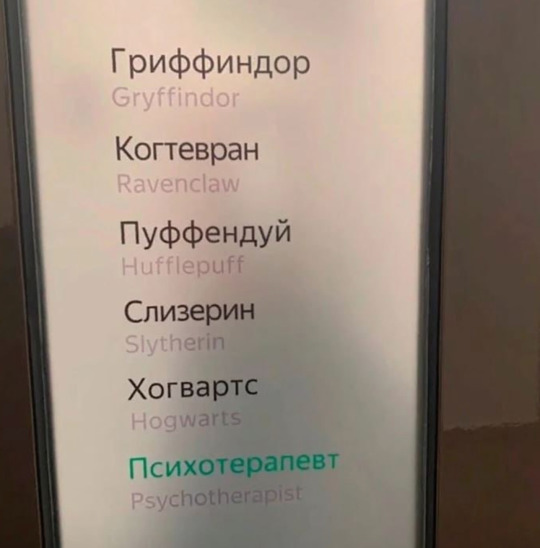
have a great holiday!
30 notes
·
View notes
Text
Russian necrovocabulary
@chupachai for you personally, dear 🖤
умерший (m, single), умершая (f, single) – deceased, dead
покойный, покойная – deceased [derived from покой (peace)]
покойник, покойница – deceased [derived from покой (peace)]
усопший, усопшая – deceased [derived from church-old Russian «to fall asleep»]
почивший, почившая – deceased [pretty outdated, derived from old Russian «to fall asleep»]
преставившийся, преставившаяся – deceased [church-old Russian, from an old Russian verb with meaning “to transit, to transfer”]
погибший, погибшая – perished, a person who died an unnatural violent death
-----------------------------------------------------------
мертвый, мертвая – dead
мертвец – dead
труп - corpse
-----------------------------------------------------------
умереть – to die
погибнуть – to die an unnatural violent death, to perish [this is important; we will not say умерший, умереть about a person who was stabbed with a knife or hit by a car or died in an accident or killed in the war; we will not say погибший, погибнуть about a person who died of old age or illness]
скончаться – to pass away
уйти из жизни – to pass away
-----------------------------------------------------------
These verbs are often used in relation to animals, in relation to people it sounds very rude or vernacular
околеть – to die
издохнуть – to die
сдохнуть, подохнуть – to die
-----------------------------------------------------------
Some expressions with the meaning «to die», many of them are pretty sublime:
почить – to die [perfect form of the obsolete verb "почить", to fall asleep]
уснуть вечным сном, уснуть навеки - to sleep an eternal sleep, to fall asleep forever
приказать долго жить – to order to live long
отправиться к праотцам - to go to the forefathers
отдать Богу душу - to give God a soul
отправиться на тот свет - to go to that world
отойти от мира сего - to depart from this world
отойти в лучший мир - to depart to a better world
отойти в мир иной - to depart to another world
испустить последний вздох - to breathe a last breath
испустить дух - to give up the spirit
сойти в гроб - to descend into the coffin
сойти в могилу - to descend into the tomb
лечь в сырую землю - to lie down in the damp earth
-----------------------------------------------------------
почить в бозе - to rest in god [an outdated ecclesiastical expression, can be used by very religious people or in an ironic, mocking way]
-----------------------------------------------------------
Colloquial, slightly rude expressions:
протянуть ноги – to stretch legs [pretty vernacular]
сыграть в ящик – to play box
надеть деревянный тулуп - put on a wooden sheepskin coat
надеть деревянный макинтош - put on a wooden mackintosh
отдать концы - give up the ends
дать дуба – to give oak
помереть - to die
----------------------------------------------------------
Colloquial, vulgar or criminal expressions:
отбросить копыта – to drop the hooves
отбросить коньки – to drop the skates
склеить ласты - glue the fins [criminal]
окочуриться - I believe that this verb has the meaning of "harden", a reference to rigor mortis
скопытиться - to be knocked off the hooves
-----------------------------------------------------------
стать героем – to become a hero ))))) [internet slang]
119 notes
·
View notes
Text
Russian Verbs
Иметь- To have (present tense)
Я имею
Он/она/оно имеет
Мы имеем
Вы имеете
Они имеют
Examples:
Я имею много друзей - I have many friends
Ты имеешь талант - you have talent
Он имеет большой дом - He has a big house
Мы имеем общие интересы - We have common interest
Иметь" (imet') is a more general verb that can be used to indicate possession or ownership of tangible and intangible things. It is often used when talking about possessing something more permanent or long-term.
Есть" (est') is used when referring to the immediate availability or presence of something. It is commonly used to talk about temporary possession, current circumstances, or the availability of something at a given moment
Я (Ya) - есть (yest')
Ты (Ty) - есть (yest')
Он/Она/Оно (On/Ona/Ono) - есть (yest')
Мы (My) - есть (yest')
Вы (Vy) - есть (yest')
Они (Oni) - есть (yest')
Examples:
Я есть учитель. (Ya yest' uchitel') - I am a teacher.
Ты есть студент. (Ty yest' student) - You are a student.
Он есть доктор. (On yest' doktor) - He is a doctor.
Мы есть друзья. (My yest' druz'ya) - We are friends.
Вы есть гости. (Vy yest' gosti) - You are guests.
Они есть ученики. (Oni yest' ucheniki) - They are students.
In many cases, both "иметь" and "есть" can be used interchangeably to express possession. However, using "есть" often emphasizes the presence or availability of something in the present moment, while "иметь" is more neutral and can refer to both present and long-term possession.
#learn russian#russian#russian vocabulary#russian langblr#russian language#spoiled girlfriend#black femininity#femininity#hupergamy#hypergamy#pretty privilege#level up#leveling up
59 notes
·
View notes
Photo
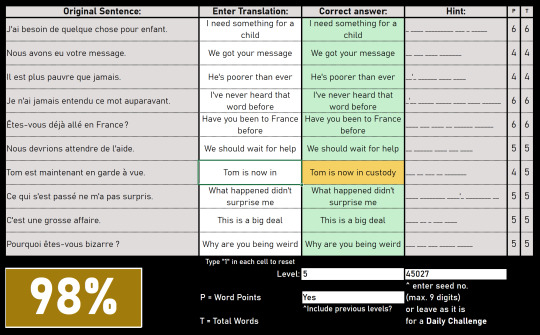
You can now learn languages with LangGuessr! Pick your level from 1 to 20, from the most common to the most obscure words, translate the words you know and memorise the ones you don't.
This is a learning method I developed to work best for myself, if it works for any of you then all the better!
List of languages currently available (more coming soon!):
- Bosnian
- Bulgarian
- Catalan
- Croatian
- Czech
- Dutch
- Esperanto
- Finnish
- French
- Galician
- Georgian
- German
- Greek
- Hebrew
- Hungarian
- Italian
- Kabyle (Berber)
- Latin
- Lithuanian
- Mandarin
- Polish
- Portuguese
- Romanian
- Russian
- Serbian
- Spanish
- Swedish
- Turkish
- Ukrainian
- Yiddish
#learn bosnian#learn bulgarian#learn catalan#learn croatian#learn czech#learn finnish#learn galician#learn georgian#learn greek#learn hebrew#learn hungarian#learn kabyle#learn lithuanian#learn polish#learn romanian#learn russian#learn serbian#learn swedish#learn ukrainian#learn yiddish
87 notes
·
View notes
Text
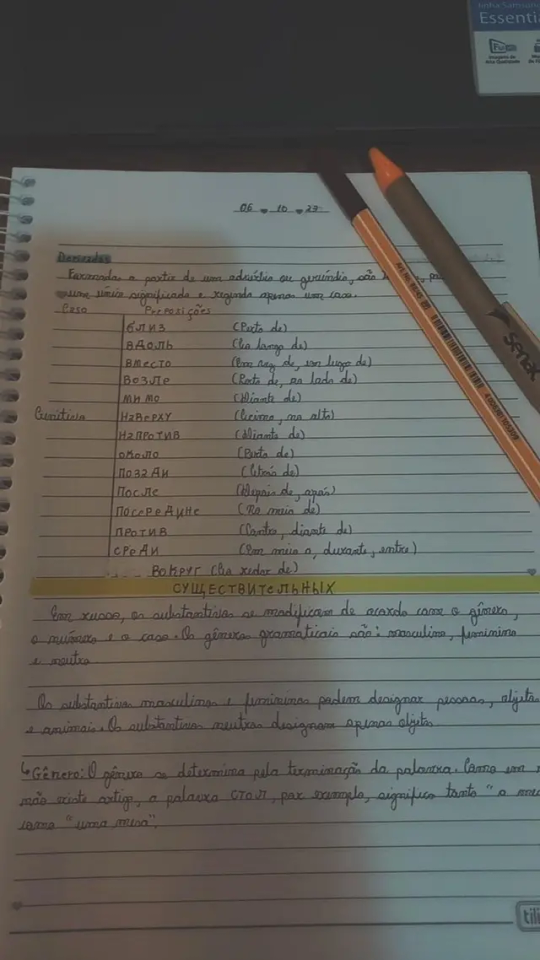
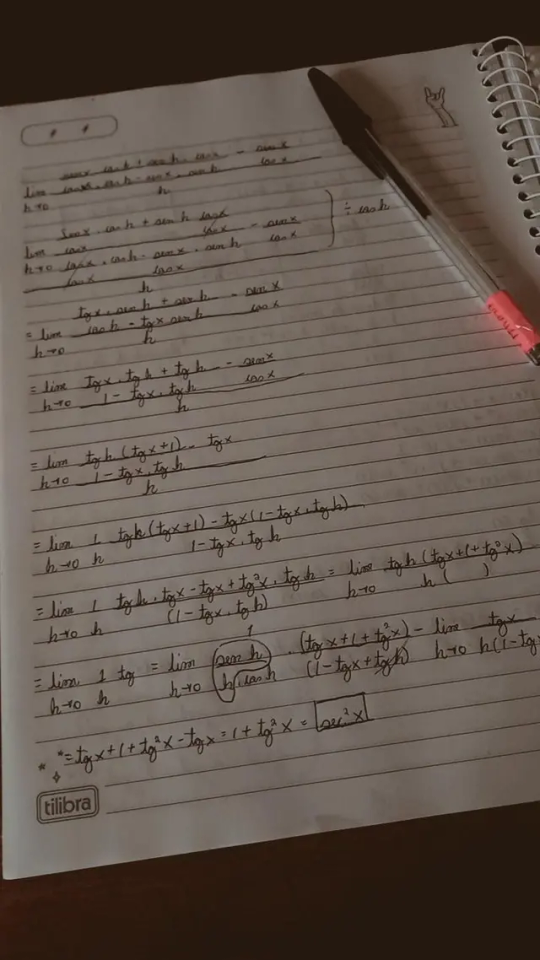
October 9th, 2023
I was feeling so lazy today...but I tried to be productive. I studied Calculus and properties of variation, and reviewed some concepts, since I have Physics and Calculus classes today.
And I studied about nouns in Russian and some grammar rules.
#engineering#stem#study aesthetic#study motivation#studyblr#studyspo#stem academia#studyinspo#studying#calculus#russian#learn russian
28 notes
·
View notes
Text
[Russian→English] @olivka.or October 26th 2023 Instagram Reel — Color Coded Translation
Link to original post

—
что я сделала хахвпхзпвз
chto ya sdelala khakhvpkhzpvz
what have I done khakhvpkhzpvz
NOTE: “khakhvpkhzpvz” seems to be keyboard smashing, a stand in for “ha ha ha” or “LOL”
—
Please correct me if I made a mistake
#color coded translation#russian langblr#russian vocab#study russian#russian to english#russian#learn russian#russian language
18 notes
·
View notes
Text
March 16, 2023
Today, instead of 3 hours of work, it turned out only 1 hour. So I had free time. I spent this time writing in some languages:
* Old Russian/Old Church Slavonic
* Japanese
* Arabic
* Chinese Mandarin
in fact, of these languages, Old Russian and Chinese come very easily to me. but Japanese and Arabic are very difficult, but they can be useful in work. so the phrase for today is "if you feel like you can't do anything, keep going forward" 🔥

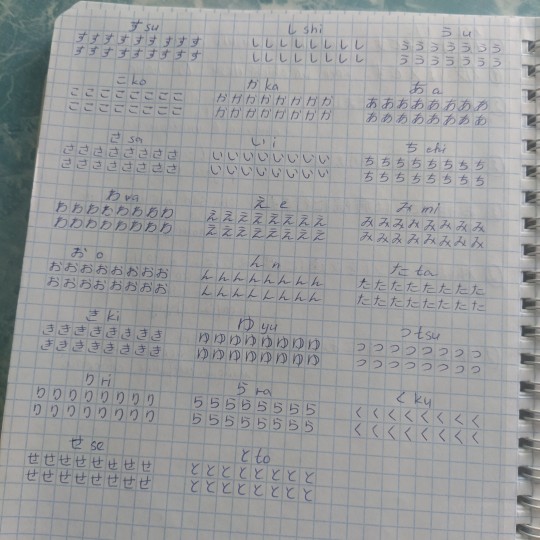
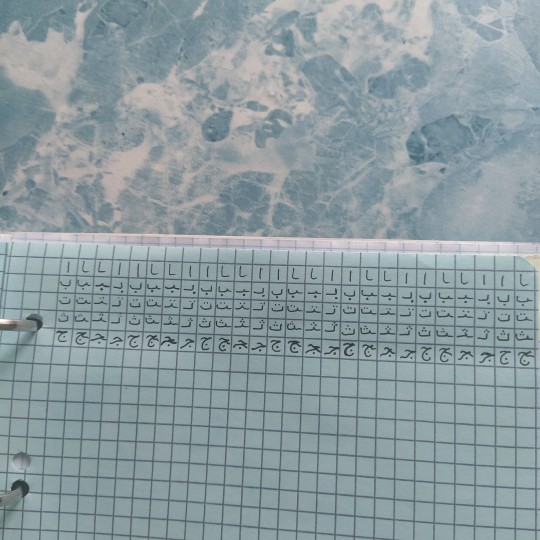

#learning languages#learn russian#russian#russian langblr#learning russian#japanese#japanese langblr#japanese language#language learning#learning japanese#arabic#mandarin chinese#chinese#learning chinese
63 notes
·
View notes
Video
youtube
I studied Russian everyday for two hours and this is what I learned.
Let me tell you, this challenge was a LOT. It was very difficult to fit everything I wanted to accomplish in the span of two hours in addition to finding two hours a day to study.
This video discusses:
- my plan for the week
- the resources used
- time management
- the notion setup
- how it went / what I learned
#how to learn russian#soulbutter#soulbutter languages#learn russian#langblr#study blog#Russian language#russian langblr#langblog#study russian#how to learn a language#Learn French#Learn German#study with me
55 notes
·
View notes
Text
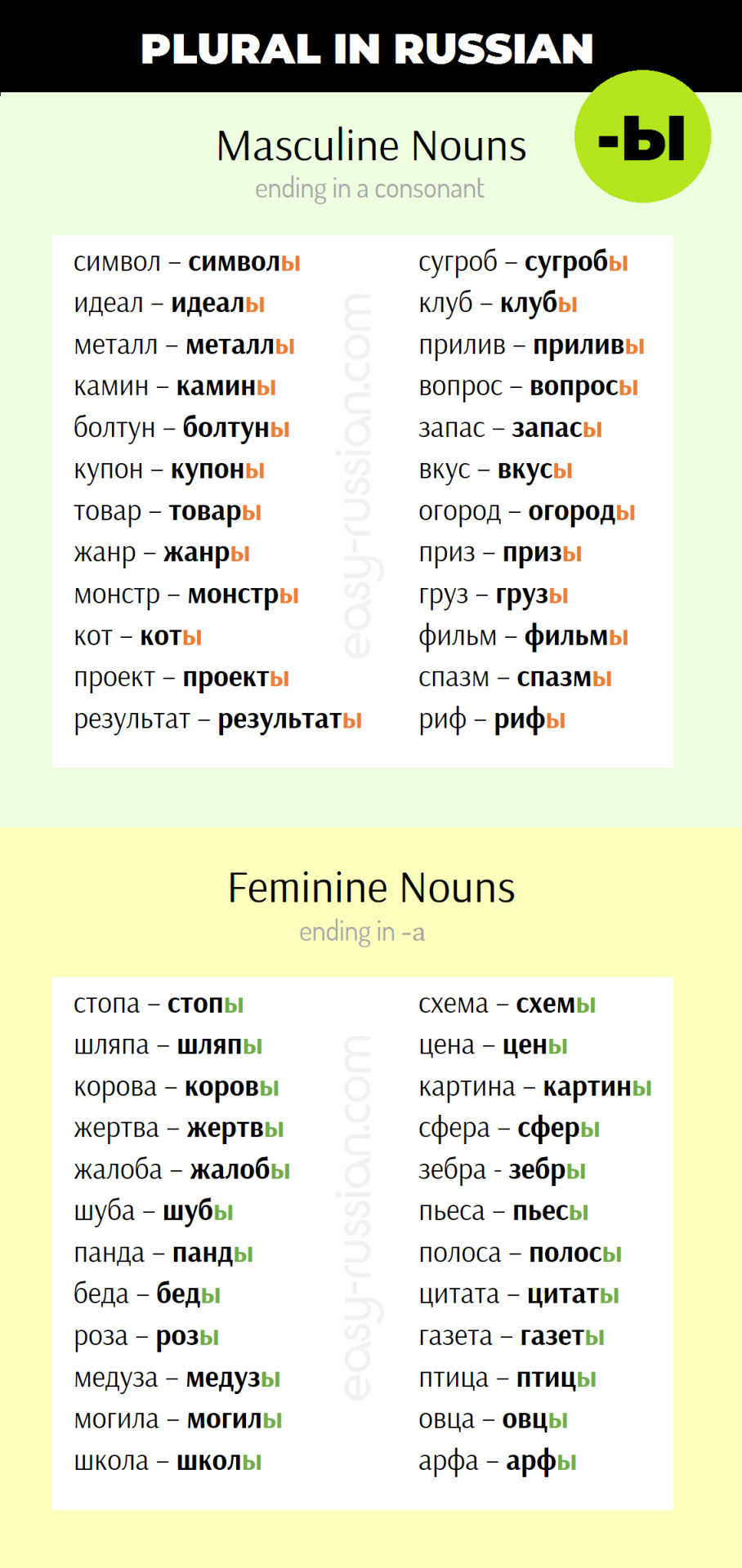
Russian nouns that get "ы" ending in the plural.
You can learn more on my blog: https://easy-russian.com/complete-guide-to-forming-plural-nouns/
13 notes
·
View notes
Text
August 21, 2022
доброе утро my friends 🖤
i don’t have any notes to share with you, as i’m traveling at the moment. so instead, i’ll share w y’all the study resources i’ve been using! all digital resources i use are free (w the exception of an audiobook), and the prices of the few physical books i’ve used will be included!!
Russian:
Apps:
Duolingo
Drops
Flashcards
Audiobook:
Learn Russian: Ultimate Getting Started with Russian Box Set, Lessons 1-55 (Audible)
Text:
The New Penguin Russian Course: A Complete Course for Beginners by Nicholas J. Brown ($19.49)
The Nabokov Russian Translation of Lewis Carroll’s Alice in Wonderland ($10.95)


Korean
Apps:
Drops
Flashcards
Text:
Talk to Me in Korean Level 1 ($17.98)
Korean Essential Vocabulary 6000 for Foreigners: Korean-English ($13.69)

Spanish:
Apps:
Drops
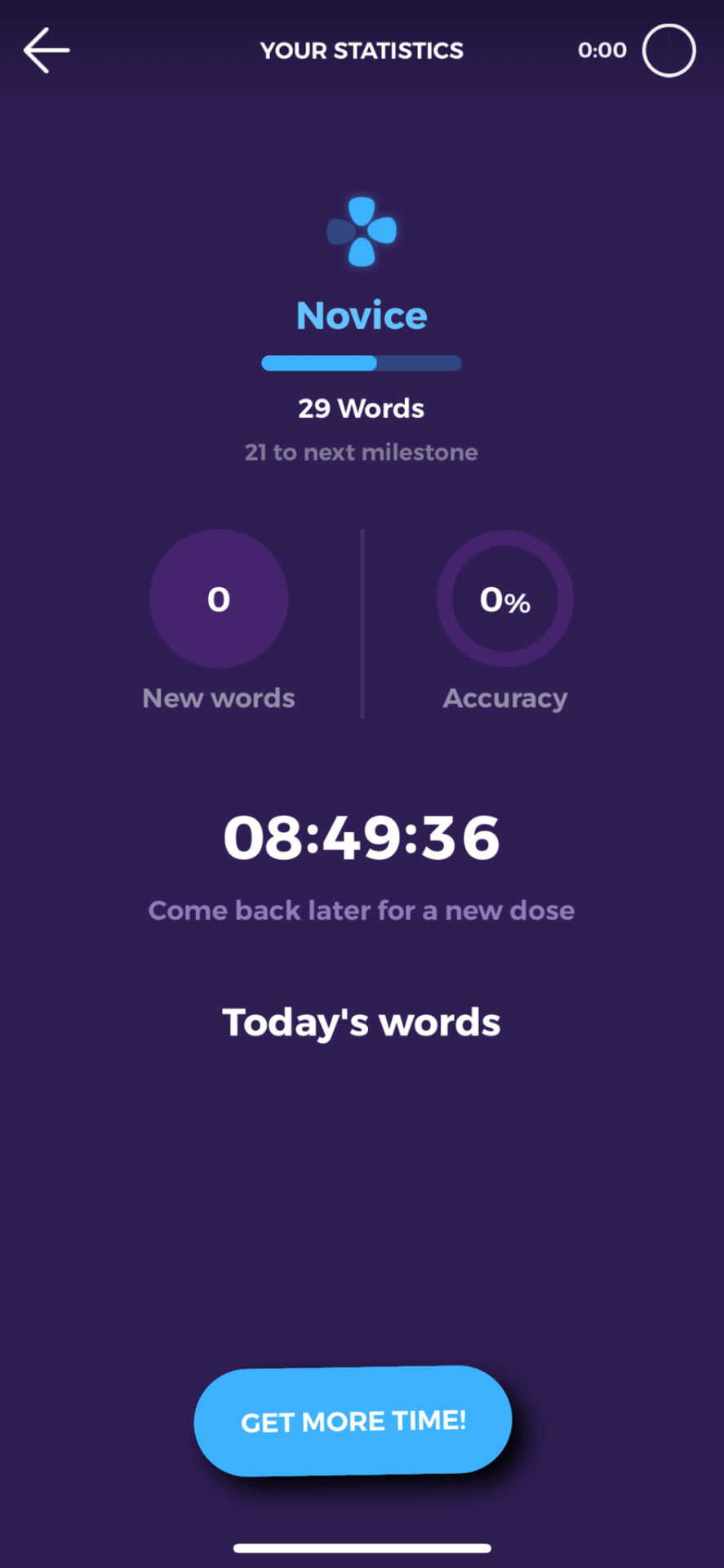
#studyblr#study blog#notes#academia#langblog#langblr#language#learning russian#learn russian#learning#learning korean#learn korean#learning spanish#learn spanish#duolingo#drops#talk to me in korean
59 notes
·
View notes
Text

IYKYK
#russian#russian language#learn russian#languages#langbr#learning russian#rus#language#russia#russian lesson#matryoshka#memes#russian memes
155 notes
·
View notes
Text
слушать" (slushat') To listen
Я слушаю (Ya slushayu) - I listen
Ты слушаешь (Ty slushayesh') - You listen (informal singular)
Он/Она слушает (On/Ona slushaet) - He/She listens
Мы слушаем (My slushaem) - We listen
Вы слушаете (Vy slushayete) - You listen (formal singular and plural)
Они слушают (Oni slushayut) - They listen
Examples:
Я слушаю музыку. (I listen to music.)
Ты слушаешь радио. (You listen to the radio.)
Он слушает аудиокниги. (He listens to audiobooks.)
Мы слушаем концерт. (We are listening to the concert.)
Вы слушаете лекцию. (You are listening to the lecture.)
Они слушают звуки природы. (They listen to the sounds of nature.)
17 notes
·
View notes
